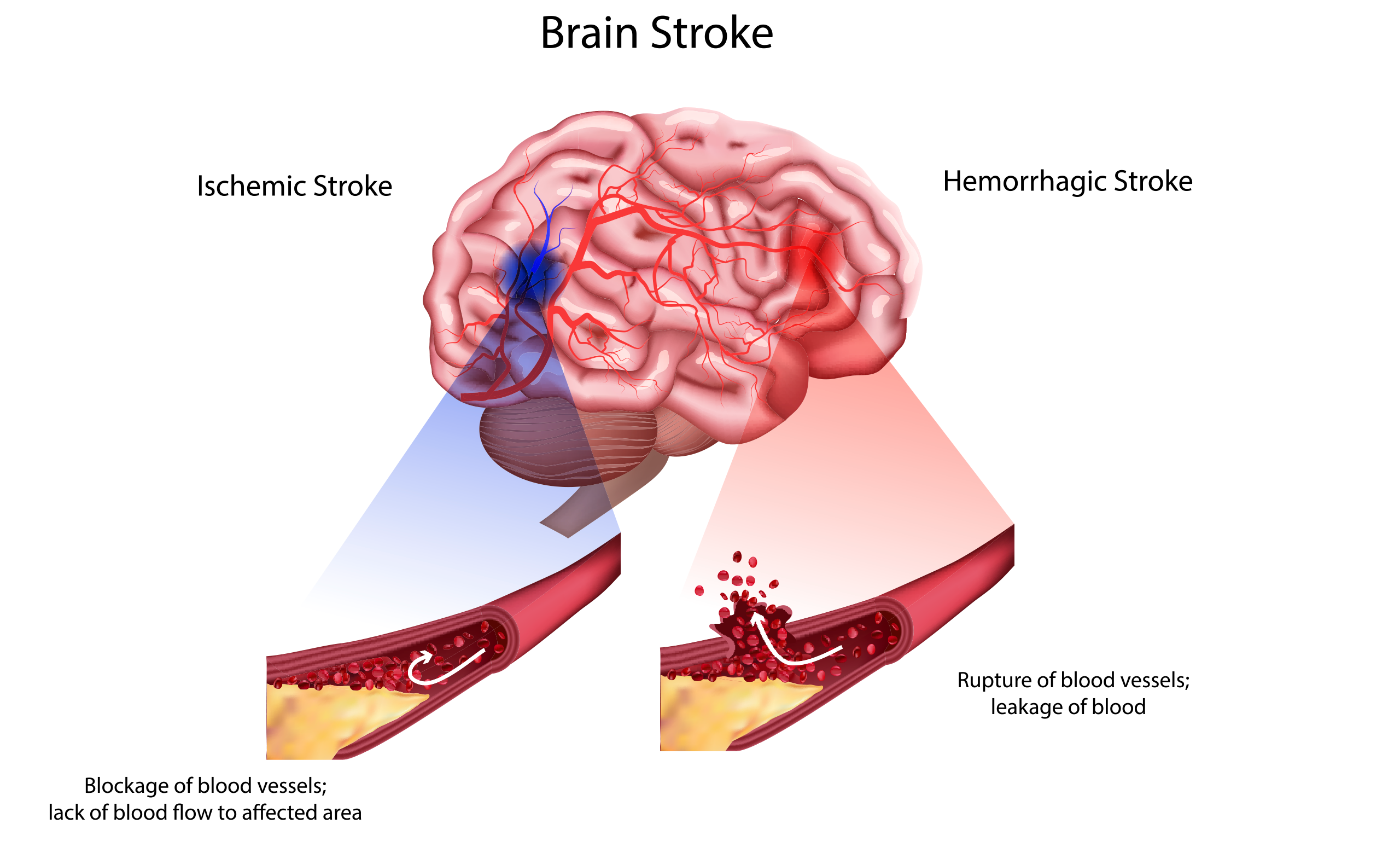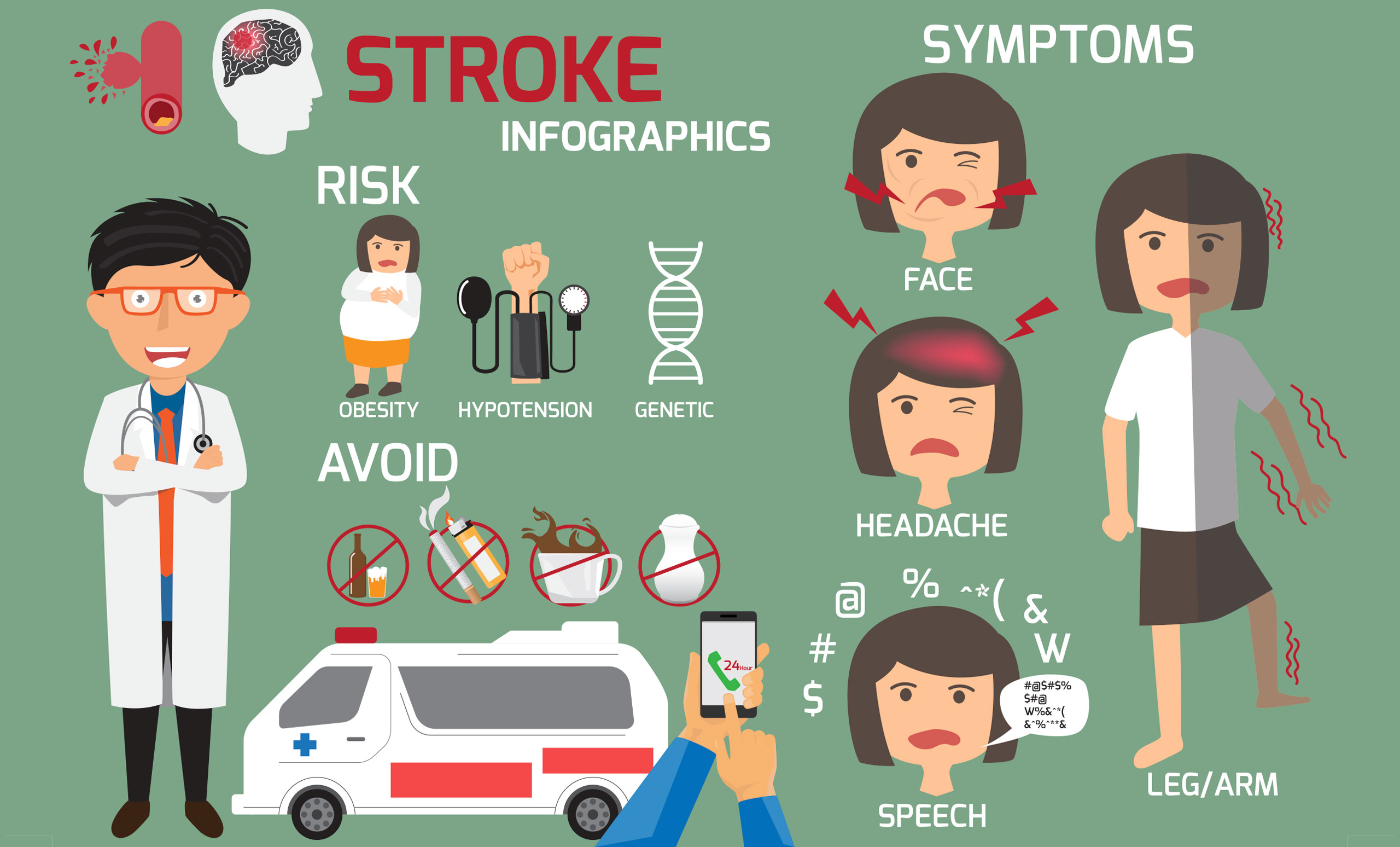How can someone with CVA qualify for hospice care?
It is essential to point out that even when a person suffers from a CVA or a stroke, this does not mean they are eligible for hospice care. The most crucial factor is a life expectancy of six months or less.
These are other requirements to meet hospice criteria:
Ascend Hospice Care
How does Ascend care for CVA patients?
How does Ascend care for CVA patients?
Ascend cares for patients with CVA to bring them comfort, peace, and support during these difficult times. We have experience and a specialized treatment program for patients currently dealing with CVA.
With our 24/7 care, hospice care is a personalized and tailored way to manage CVA. Hospice care is beneficial because it provides patients with emotional support throughout their final days. We can help provide a higher quality of life with our team of nurses and volunteers.



